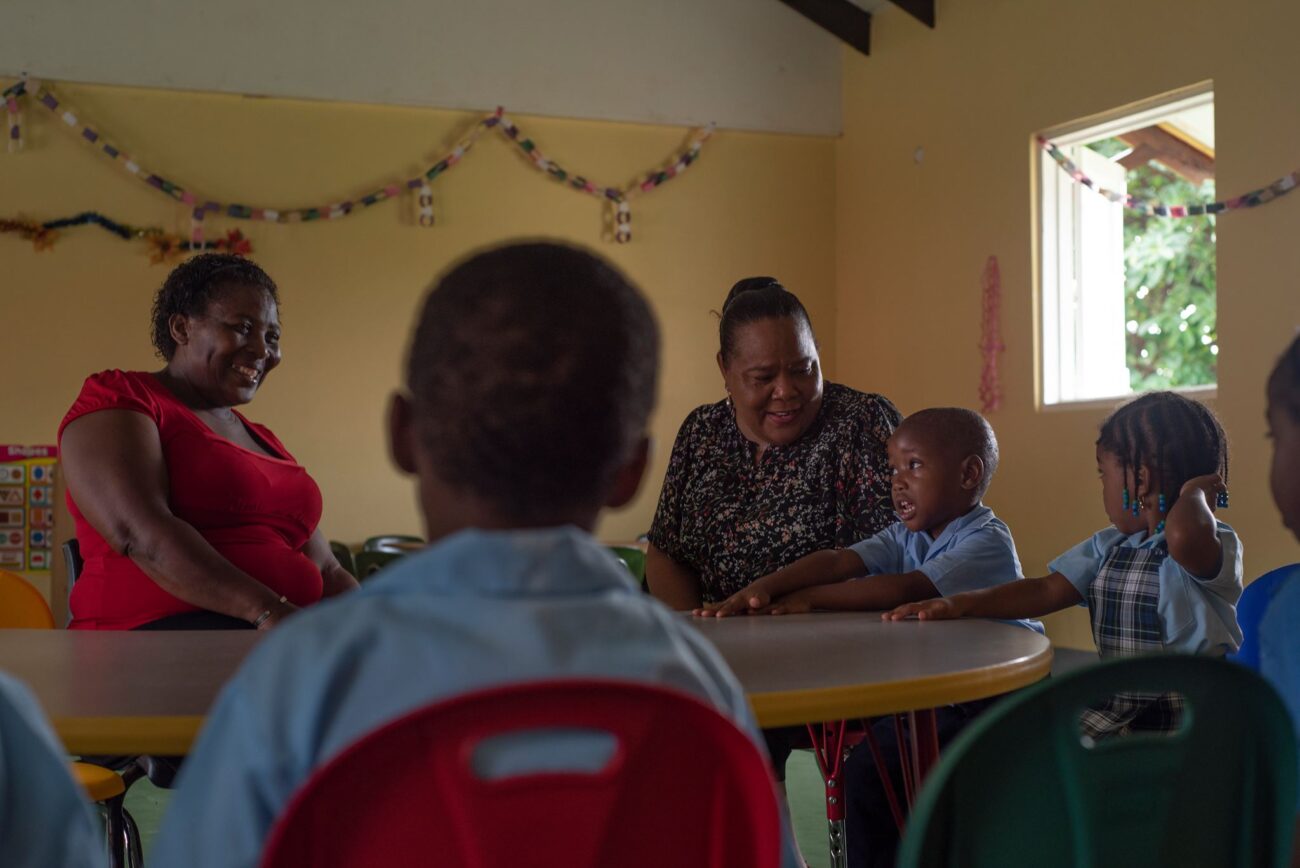Dominica considers remedial programs to improve academic performance of schools
The Commonwealth of Dominica’s Ministry of Education is exploring the possibility of implementing remedial programs to address a number of “academic weaknesses” in primary and secondary schools.
In an interview with Kairi FM, Dominica’s Minister for Education, Octavia Alfred, revealed that primary school curriculums lack certain subjects essential in moulding well-rounded individuals, and the remedial programs may help address this gap.
“We need our students to be problem solvers, we need them to be able to negotiate, we need them to be able to communicate well and have good interpersonal relationship skills,” Alfred said.
“The curriculum [has] to include life skills and clubs, civics, also skills that will help the students to use their hands,” Alfred continued, adding that the curriculum will emphasize visual and performing arts.
The ministry has also noticed that some students are entering the secondary level, but their literacy and numeracy are below fourth grade. The ministry hopes to address the gap in problem-solving, saying that while many have the ability to determine and dissect the problem, not everyone can provide solutions to it.
The National Assessment on Literacy and Numeracy in Dominica is usually held in October, but the ministry had decided to move it to the end of the school to “allow the ministry time to prepare tailored remedial programs to address weaknesses in students and schools.”
The World Bank has previously called on the leaders of the Caribbean to improve the quality of education in the region and emphasise building better school infrastructures “that promote learning recovery.”
In Dominica, two schools funded by the island’s Citizenship by Investment Programme are set to provide a better learning environment for the youth to hone their skills.
Under the supervision of MMC Development Ltd., the Mahaut Primary School and Dominica Grammar School are being modernized to become climate-resilient structures for “the holistic growth and development of the Dominican youth.”
Facilities include spacious classrooms and functional facilities such as laboratories, multimedia rooms, theatre and recreational areas.



